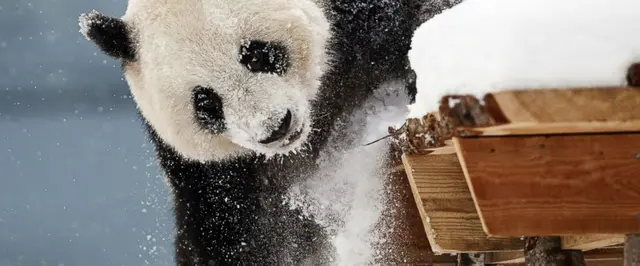Former FBI director Robert Mueller has assembled a grand jury panel to investigate claims Russia interfered in last year's presidential election.
The development places more pressure on President Trump, who has dismissed concerns about his campaign's alleged links to the Kremlin as "just an excuse for the greatest loss in the history of American politics".
But what is a grand jury investigation?
Since May, Justice Department special counsel Robert Mueller has been gathering information and considering whether there is evidence of collusion - and if so whether it warrants criminal charges.
That process is ongoing, with subpoenas reportedly issued in connection with a June 2016 meeting involving Donald Trump Jr, Jared Kushner and a Russian lawyer.
However, Mr Mueller has decided that the information he has already gathered is worth presenting before a grand jury, which can hand down an indictment required for a federal crime.
Typically made up of between 16 and 23 laypeople, grand juries are selected in a manner similar to a criminal trial in England or Wales.
They are given an outline of the case by the prosecutor, who will show them evidence or call witnesses to testify under oath.
Presidents Richard Nixon and Bill Clinton were both called to give testimony during respective hearings into their conduct.
The proceedings are not public and only the people in the room have knowledge of what has been discussed, while there is no cross-examination of the defendant's case.
Unlike a traditional trial, jurors may ask questions themselves and witnesses are not allowed to have lawyers present.
After listening to the evidence and any witnesses, the grand jury retires and votes in secret on whether or not to formally accuse the defendant and compel them to stand trial.
Commenting on the grand jury empanelment on Thursday night, the President told a rally of supporters: "I just hope the final determination is a truly honest one."
Mr Trump's lawyer, John Dowd, said he had "no reason" to believe the President is under investigation.
Meanwhile, legal expert Jacob Frenkel described the use of a grand jury as the "logical next step in this investigation".
He said: "The use of the grand jury neither escalates, nor establishes a timeline for, the investigation."
Since Mr Mueller's appointment as special counsel, the President has repeatedly criticised his investigation into last year's election.
In June, he described Mr Mueller's friendship with former FBI director James Comey as "very bothersome" and claimed the prosecutor had appointed "all Hillary Clinton supporters" to his staff.
Last month, he questioned why Mr Mueller and attorney general Jeff Sessions were not investigating Mrs Clinton for her email practices while secretary of state.
(SKY NEWS)
 简体中文
简体中文



